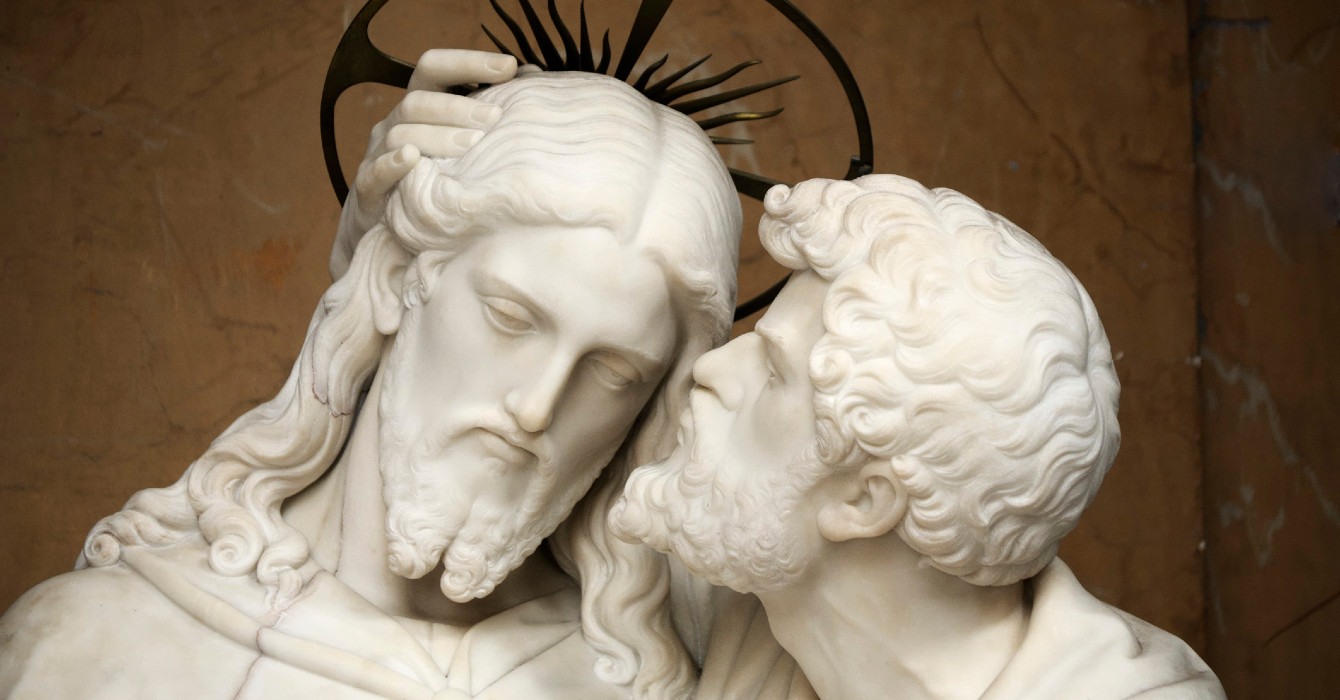The ability to inspire is one of three traits that employees want from their CEO, according to an IBM survey of 1,700 CEOs reported in the Harvard Business Review.
Leadership consultants Jack Zenger and Joseph Folkman write that their client-CEOs are nearly paralyzed by the expectation.
These results confirm my long-held conviction that the work of the average pastor is much more about leadership and much less about management than the typical business person. Pastors have limited control over resources and supervise a tiny fraction of their “workforce.” Inspiring others is a basic job requirement.
When Zenger and Folkman teach inspiration, they break it down into to specific activities to practice, including setting challenging goals for employees, spending quality time with subordinates to make an emotional connection, working collaboratively, setting a clear vision, spending considerable effort communicating, championing change and being a role model.
Their definition of the work of inspiration seems thin.
No doubt these practices are important and are evident in the ministry of the typical pastor. For instance, the typical pastor can make powerful emotional connections, and all of us expect a pastor to be a role model. Added together, these activities make for an average pastor, not an exemplarily inspiring one.
The HBR list fails to account for the fact that being inspired requires a vision for the transformation of life.
The church does not have to go looking for such a vision. Jesus' portrait of God's reign in which the lame walk and the blind see is awesome. Discerning how to participate in God's work of bringing the reign requires close observation and clear articulation. Such discernment is the work of all Christians.
The pastor’s work is to point the way to the source of inspiration. As John the Baptist said of Jesus, “He must increase, but I must decrease.” (John 3:30, NRSV)
No wonder CEOs fear the expectation that they will be inspiring. Unless their work is a strand in a grand narrative of life, they are left to depend on techniques that encourage but fall short of inspiration.
In the work of inspiration, the church is the teacher. We can introduce all to the source of inspiration that puts all of our hopes in context.








